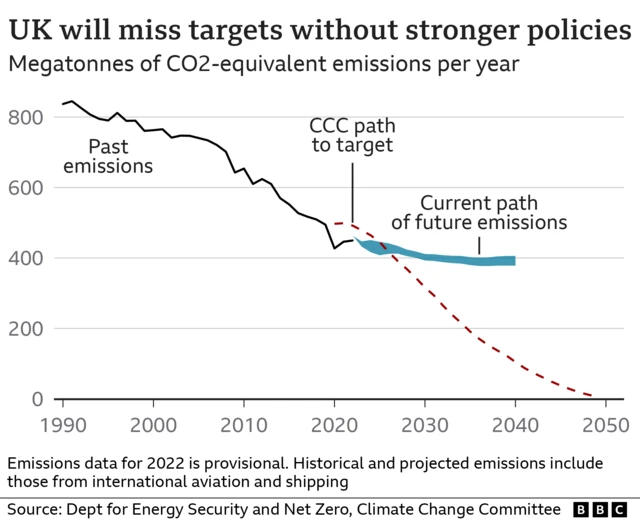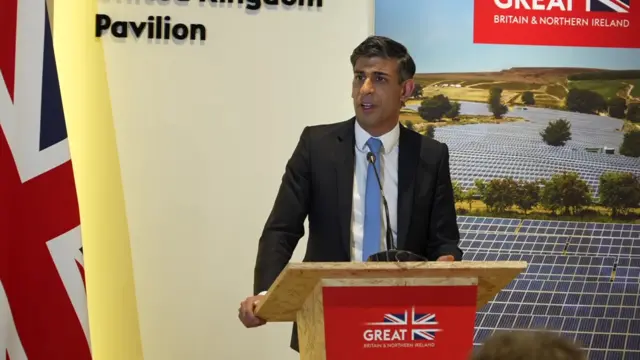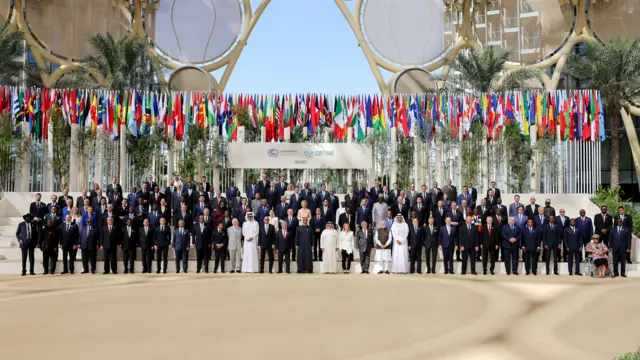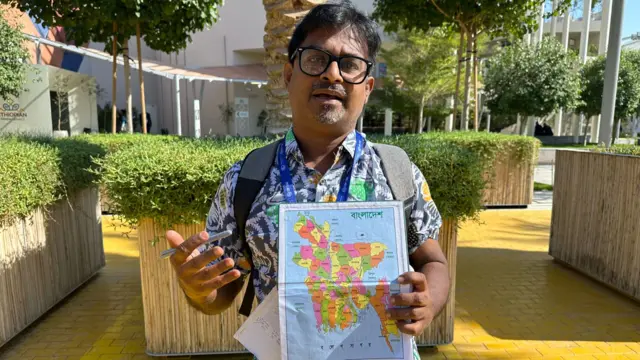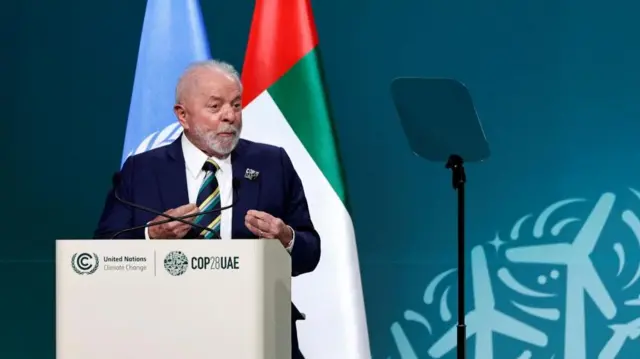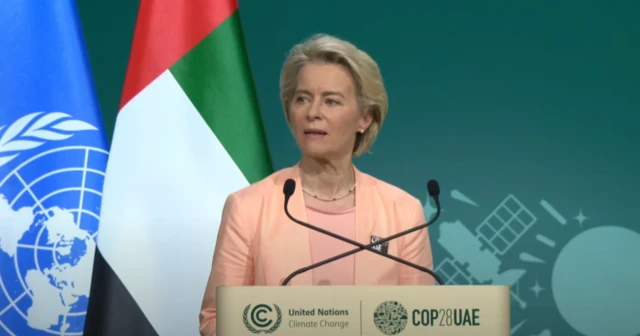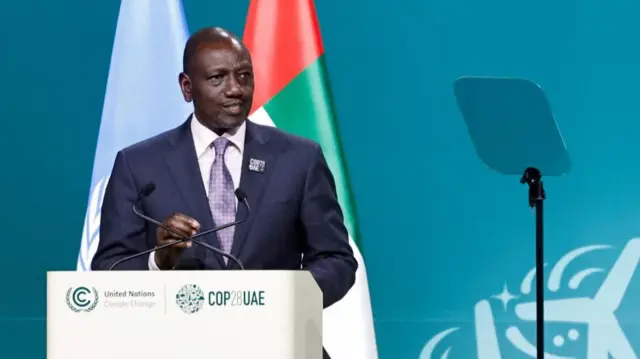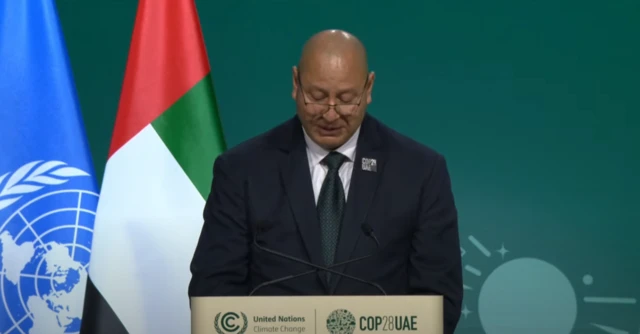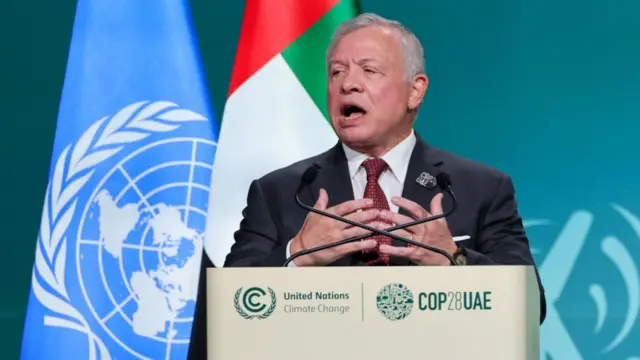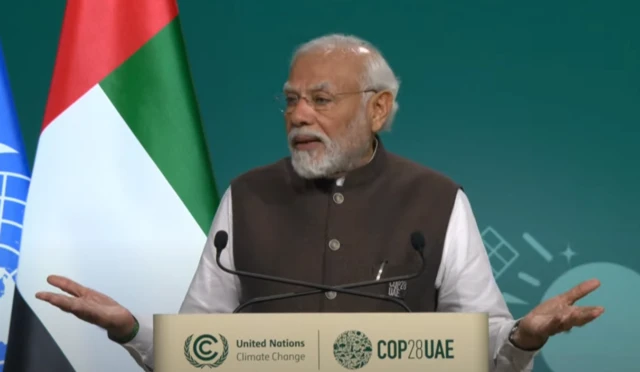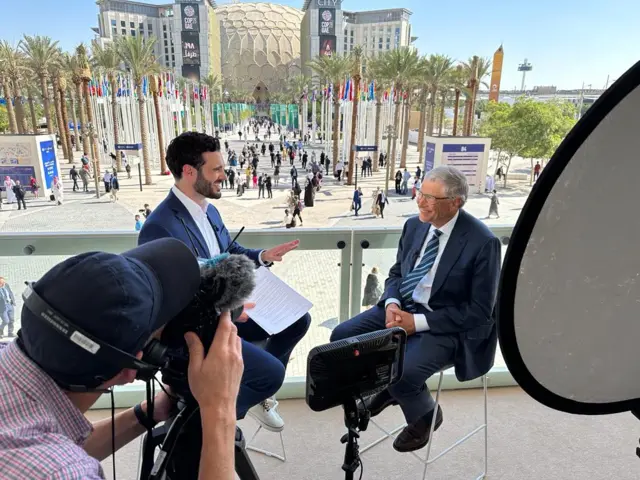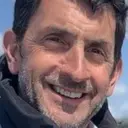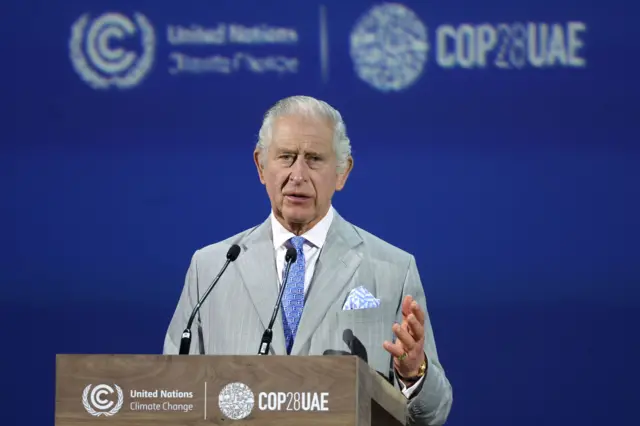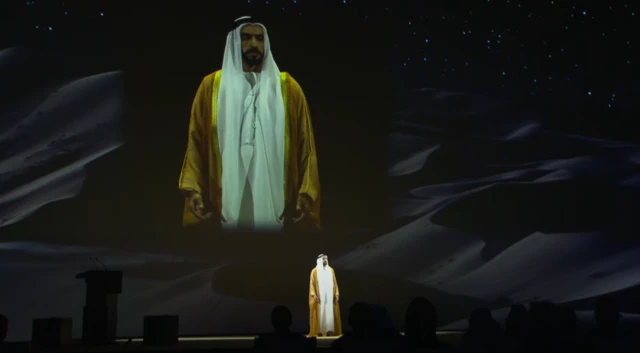
Is the UK decarbonising faster than other countries?published at 14:40 GMT 1 December 2023
Speaking at the COP28 summit, UK Prime Minister Rishi Sunak said: “We have got an incredible track record of decarbonising in the UK, faster than any other major economy.”
In 2022, UK greenhouse gas emissions are 48.7% lower than in 1990, external – the benchmark year typically used internationally.
This only refers to emissions within the UK. It doesn’t include emissions from the manufacture of products imported into the UK, for example.
Based on these figures, it is true that the UK has reduced its emissions faster than all other major economies, external since 1990.
Germany, which saw the second-largest reduction, has cut its emissions by about 40% since 1990, while France and Italy have cut theirs by around a quarter. Emissions by the US and Japan have only fallen slightly, while China’s and India’s have both increased hugely.
It’s worth noting that, in the 1990s, many carbon-intensive industries like coal were already on a downward trend in the UK. This is in contrast to countries like China, which were still developing their economies, and so are not expected to make emissions cuts as rapidly.
And Germany has reduced its emissions, external at a faster rate than the UK since 2016 - the year after the key international Paris climate agreement was signed.
